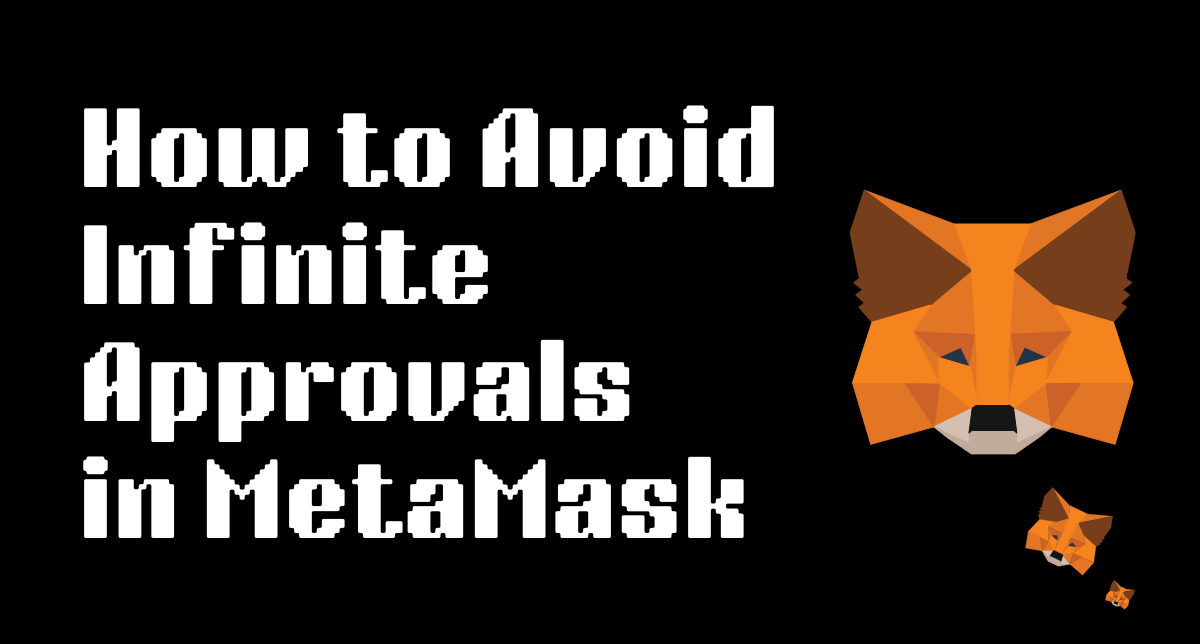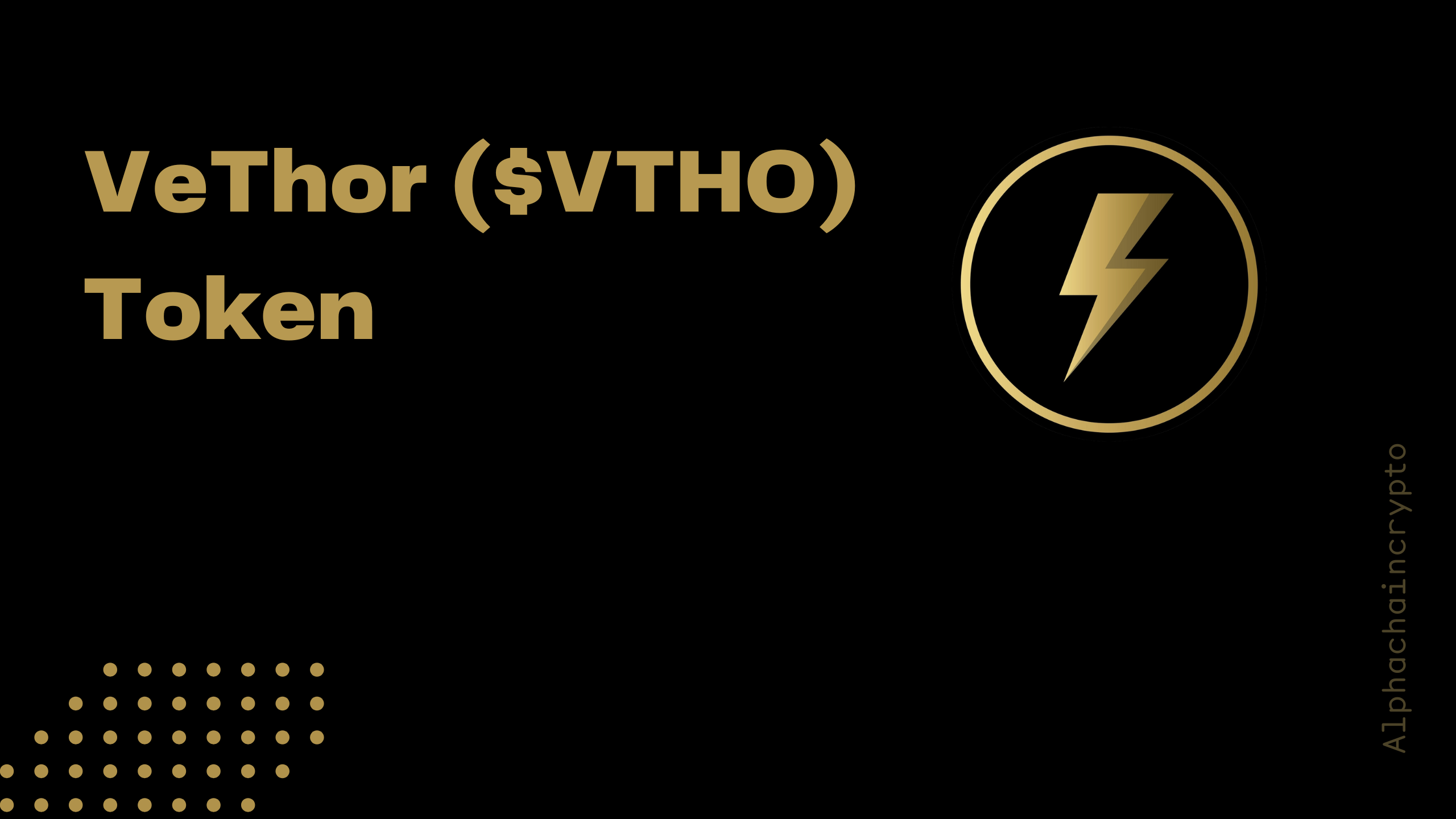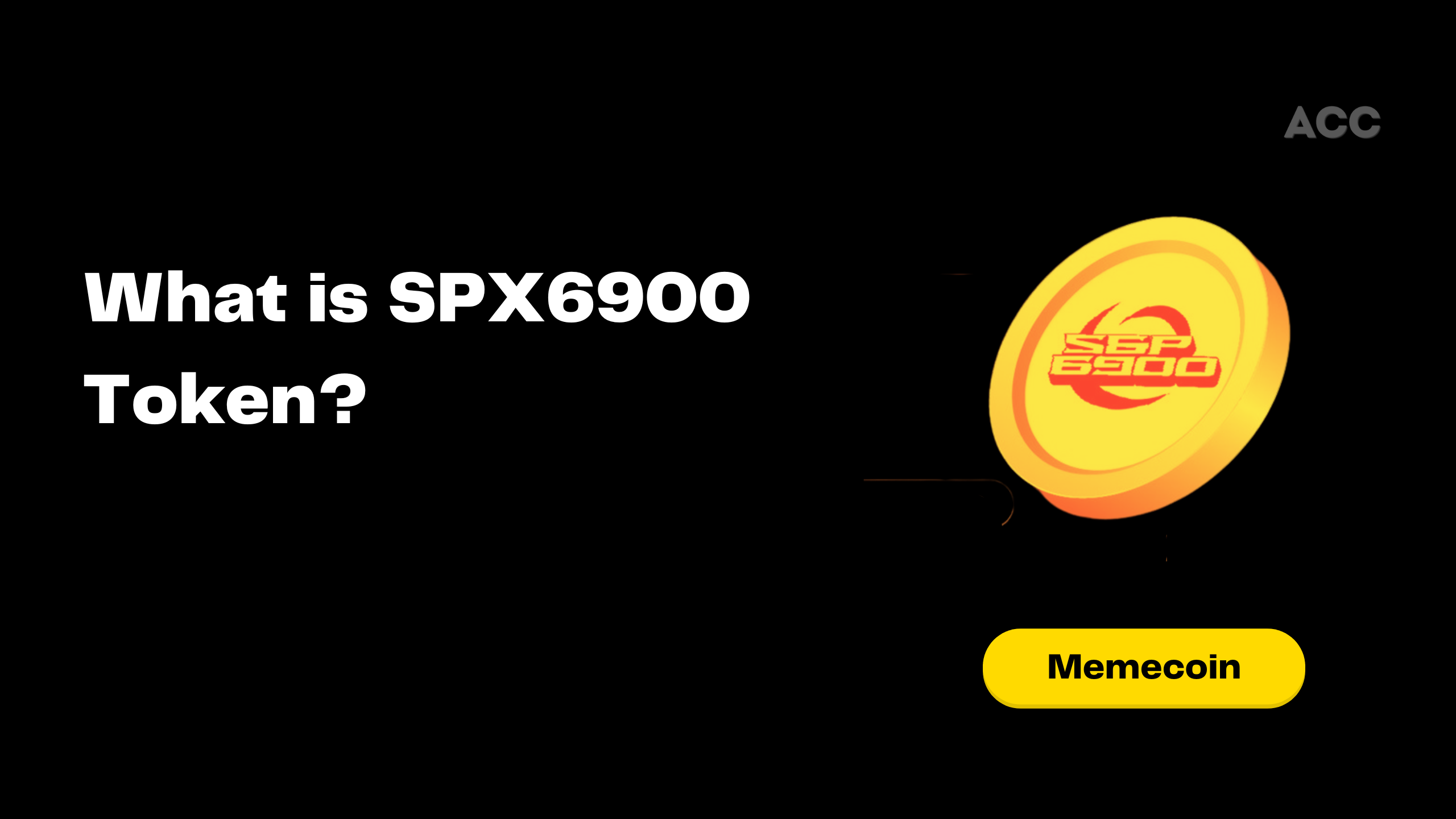MetaMask is one of the most popular and widely-used cryptocurrency wallets, offering users an intuitive interface to interact with decentralized applications (dApps) and the Ethereum blockchain. However, navigating through the intricacies of crypto transactions can sometimes lead to potential pitfalls, one of the most notable being “infinite approval.” In this article, we’ll explore what infinite approval means in the context of crypto transactions and how users can avoid this security risk when using MetaMask.
What is Infinite Approval in Crypto Transactions?
In the world of cryptocurrency, when you approve a token for use in a dApp or a smart contract, you’re essentially giving that application permission to use or spend a specific amount of your tokens. Typically, this is done through the approve() function, which allows you to set a maximum limit (allowance) of tokens that the smart contract can spend on your behalf.
Infinite approval refers to a scenario where a user gives unlimited permission to a dApp or a smart contract to access and spend their tokens. Instead of specifying a limited amount, the approval is set to the highest possible value, allowing the smart contract to access all the tokens in your wallet for that particular cryptocurrency.
While this might seem convenient—especially for regular transactions or frequent interactions.
How To Avoid MetaMask Infinite Approval Exploits
MetaMask is one of the most popular cryptocurrency wallets used by millions of users to interact with decentralized applications (DApps) on the Ethereum blockchain. While it offers a seamless user experience for managing digital assets, it’s essential to understand some of the risks associated with token approvals—particularly the concept of “infinite approval.” This guide will explain how infinite approval works, why it can be risky, and how you can protect yourself from potential exploits when using MetaMask.
What is Token Approval in Crypto Transactions?
Every time you interact with a DApp that involves your ERC-20 tokens (like swapping tokens, providing liquidity, or using lending platforms), you must first grant the application permission to access and manage your tokens. This permission is known as token approval. It allows the DApp to move your tokens on your behalf, making transactions smoother and more efficient.
The token approval process is facilitated through two key functions:
- approve() Function: This function specifies the amount of tokens you want to let a DApp or smart contract use. For example, if you want a DApp to access 100 tokens from your account, you would call approve(address, 100), where address is the unique identifier of the DApp.
- transferFrom() Function: After granting approval, the DApp can use this function to transfer tokens from your account to another account or smart contract address. It checks that the DApp has permission and that you have enough tokens, ensuring a safe transfer of assets.
In essence, the approve() function gives a DApp the right to use your tokens up to a certain limit, while the transferFrom() function executes the actual movement of tokens.
What is Infinite Approval?
Sometimes, instead of specifying a limited amount of tokens, users inadvertently or willingly grant infinite approval. This means giving a DApp or smart contract unlimited access to your tokens, which can lead to severe consequences if the contract is compromised or malicious.
Why Does Infinite Approval Happen?
Infinite approval is commonly used for convenience, especially when interacting with a DApp frequently. This eliminates the need for repeated approvals, reducing the number of transactions and saving on gas fees. However, while this may seem like a good idea for active traders or regular users of certain DApps, it can be very dangerous if the DApp is hacked or if the smart contract has vulnerabilities.
How Token Approval Can Be Exploited
There are multiple ways malicious actors can exploit the approve() function if you’ve granted infinite approval. Understanding these attack vectors is crucial to safeguarding your assets:
1. Phishing Attacks
Hackers may trick you into giving them permission to use your tokens by creating fake websites or applications that appear to be legitimate. You might receive phishing emails or links directing you to these fake platforms, where you unknowingly approve an infinite amount of tokens. Once approved, the attackers can use the transferFrom() function to drain your tokens.
2. Compromised or Bugged Smart Contracts
If a smart contract you have approved to use your tokens is compromised, it can lead to loss of funds. Some smart contracts might have bugs or backdoors that allow hackers to bypass security checks. This can happen even if the DApp is reputable, as a compromised contract can execute malicious code to access your tokens.
3. Upgradable Smart Contracts
Smart contracts that are designed to be upgradable can introduce risk, as malicious code can be inserted after initial deployment. If you’ve approved an infinite amount of tokens, the new contract code could contain functions that drain your tokens without your knowledge.
How To Protect Yourself from MetaMask Infinite Approval Exploits
Preventing infinite approval exploits involves being vigilant and using best practices when interacting with DApps and smart contracts. Here are some essential steps to protect your tokens:
1. Always Verify Approval Details Before Confirming
Before confirming a transaction, always double-check the address and the amount of tokens you’re approving. Ensure that you trust the project or DApp asking for permission, and that you’re interacting with the official website or app. Avoid clicking on suspicious links or emails, even if they claim to be from a known project.
2. Avoid Granting Infinite Approval
If possible, avoid approving an infinite amount of tokens. Some DApps may request this for convenience or gas-saving purposes, but it also grants them the ability to take all your tokens at any time. Instead, approve only the amount needed for the specific transaction, and once done, revoke or reduce the approval limit.
3. Regularly Review and Revoke Token Approvals
Use tools like Etherscan’s Token Approval Checker to view and manage your token approvals. These tools allow you to see all the smart contracts that have permissions to use your tokens and let you revoke or customize approvals. Revoke any unnecessary or suspicious permissions to minimize exposure.
4. Stay Informed on Security Updates and Best Practices
Follow the latest security news and updates related to smart contracts and DApps you frequently use. For example, MetaMask and other platforms often publish guidelines and threads on security best practices. Staying informed can help you quickly identify and respond to new risks.
5. Use Wallet Security Features and Tools
MetaMask and other wallets offer features like notifications for large or unusual transactions. Use these features to stay aware of any unexpected activities in your account. Additionally, consider using hardware wallets for an added layer of security, as they require physical confirmation for any transaction.
Final Thoughts
Infinite approval may provide a convenient way to interact with DApps, but it comes with significant risks. By understanding the token approval process and its potential vulnerabilities, you can better protect yourself and your assets from being exploited. Always verify DApp permissions, limit token allowances, and use available tools to review and revoke approvals. Staying vigilant and informed is the key to safely navigating the decentralized web.

A.k.a – alpha girl. Vinita is the founder of Alphachaincrypto. An English Lit Majors, Vinita bumped into Web3 in 2020 only to realise that tech was her calling. Later, Mathreja worked for some notable brands like Near Education, Biconomy, CoinDCX and top of the line crypto start ups.





